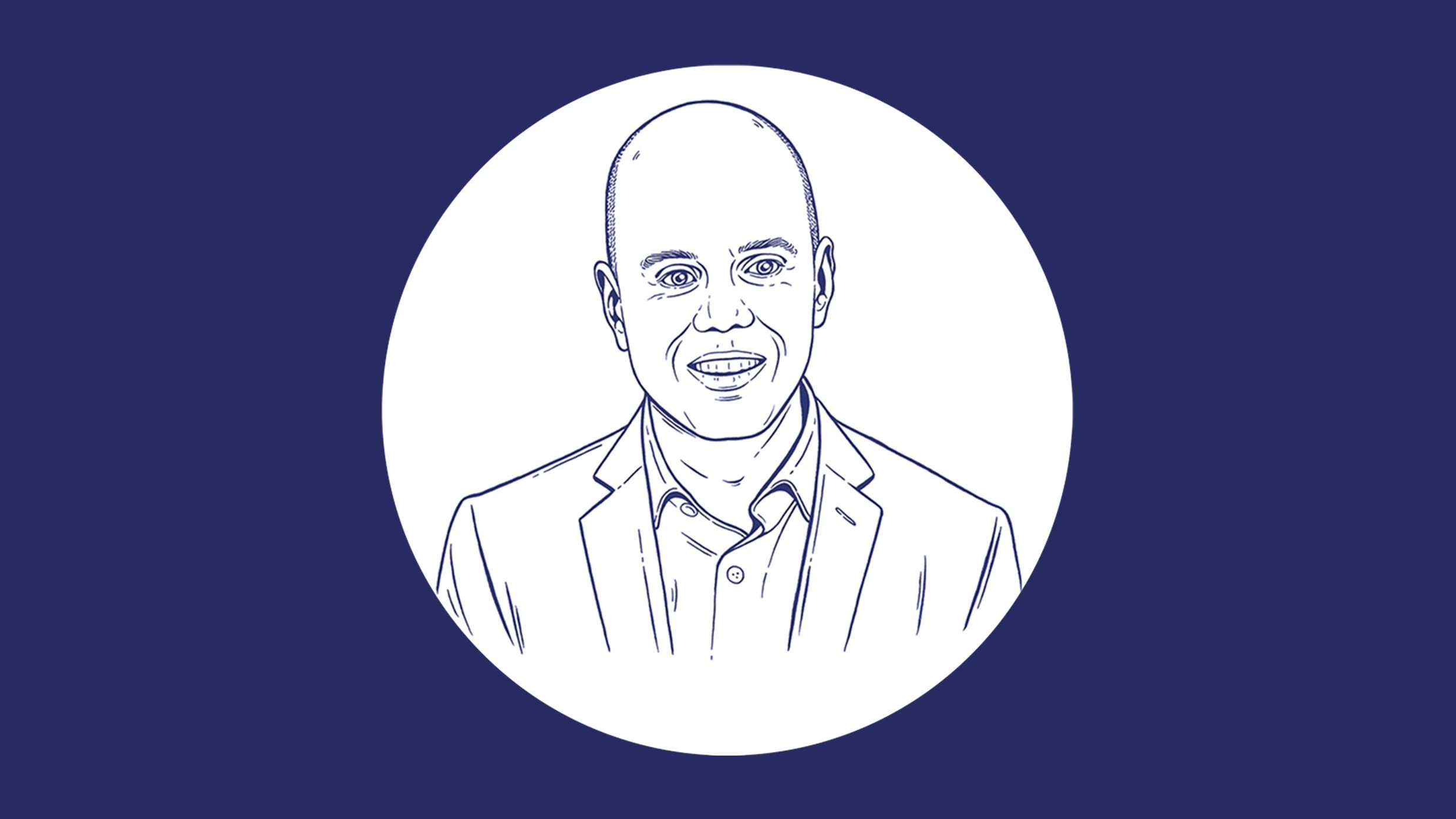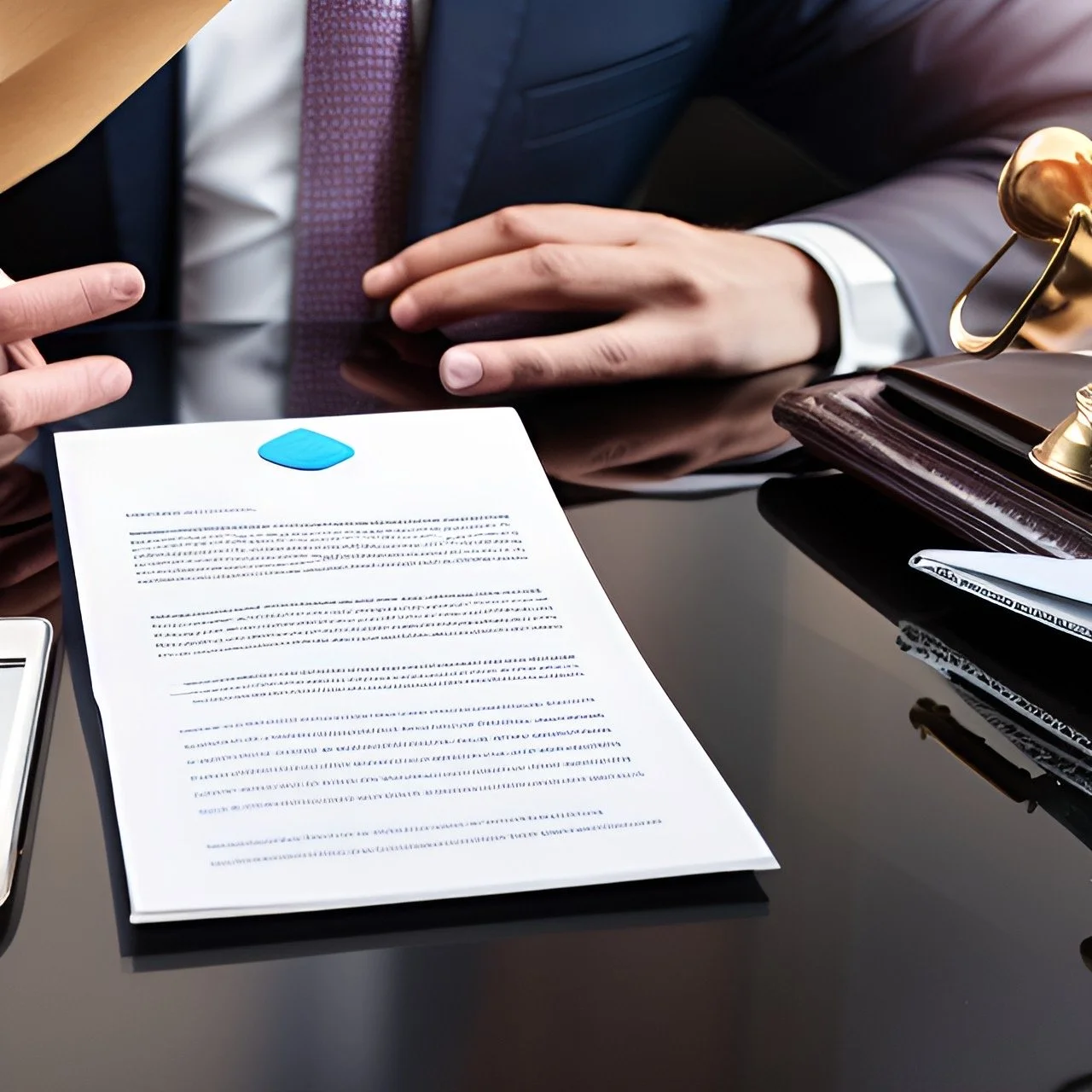A picture of Ryan with a blue background and a Linkedin Top Voices graphic that reads: "Ryan Honick: Disability Advocate, Speaker, Professional Persuader."
This week, I was humbled to be featured as a Top Voice in Disability Advocacy by LinkedIn for the second straight year. Advocacy work is its own reward, but this recognition and the platform it provides to amplify our message is deeply appreciated.
Amidst all the chatter about various social media platforms and their impacts on social good, I firmly believe that LinkedIn stands out as the most beneficial and inclusive.
The honor has connected me with fellow advocates and allies, helping to magnify our collective message about the importance of diversity, equity, inclusion, and belonging for disabled people in our society. I am honored to be a Top Voice alongside so many inspiring advocates.
A heartfelt congratulations to Marisa Hamamoto, Lachi ♫, Donna Cruz Jones, Margaux Joffe, CPACC Jeremy Andrew Davis, Keely Cat-Wells, Meryl Evans, CPACC (deaf) Brandon Farbstein, Haben Girma, Julie Harris, Emily Ladau, Becca Lory Hector, Catarina Rivera, MSEd, MPH, CPACC, Natalie Trevonne, and Tiffany A. Yu, MSc. Your tireless efforts to create an equitable world do not go unnoticed.
Each of these advocates brings a unique perspective and voice to the table, and I encourage you to follow their work. Their stories, their struggles, and their victories are a testament to the power of advocacy.
As we celebrate this recognition, let's remember that our work is far from over. Every day, we strive to create a world where disability advocacy is no longer needed, where disability discourse is normalized, and where people with disabilities are treated as equals.
Special thanks to Marisa Hamamoto for the awesome graphic.









